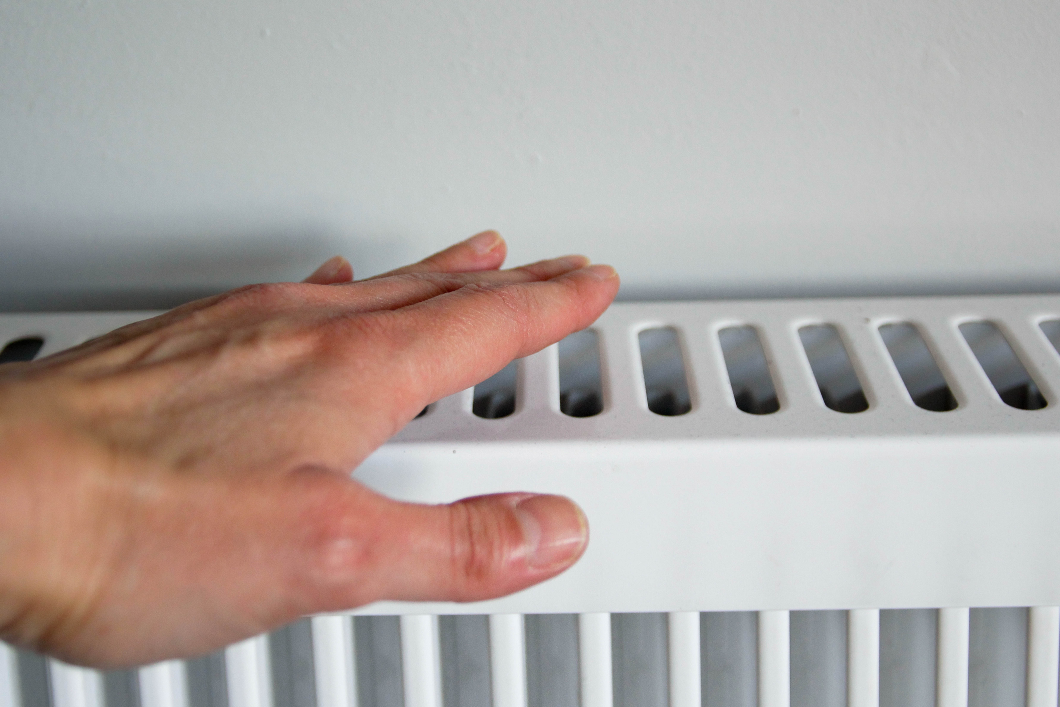Set the heating to level 5 in summer? What initially sounds like an expensive and completely paradoxical idea has turned out to be a clever money-saving tip. Here we explain the circumstances in which you can use this “trick” to reduce costs.
Before you turn your heating up all the way, you should first clarify what kind of heating you have. There is a small but subtle difference here. And not every heating system should be set to level 5 in summer.
Turn up the heating in summer?
In principle, this ingenious money-saving tip is self-explanatory. At the start of the warm season, the heating system is switched to summer mode so that it only produces hot water and no more heating. But this doesn’t always work.
A self-controlling heating system, for example, also starts up in summer mode when it is a little cooler. This could happen on a particularly cool night or during a summer thunderstorm. This ultimately results in energy consumption that usually goes unnoticed.

Many heating systems have outdoor temperature sensors that register every change in the weather and then turn up the heating. However, the residents are completely unaware of this. Even a smart heating system consumes energy unnecessarily. The German Liquefied Petroleum Gas Association (DVFG) therefore advises you to change the setting yourself for all systems with smart control that automatically go into summer mode. This way, you can ensure that your heating really only produces hot water for the bathroom and kitchen in summer.
And why directly at level 5?
The DVFG advises turning the thermostats on the radiators up fully – even if this may seem irritating at first given the high outside temperatures. If you set your heating to level 5 in summer, you ensure that the mechanism that regulates the flow of water into the radiators relaxes.
Tip: This also prevents the valves from blocking in summer and getting stuck at the start of the next heating season, explains Markus Lau from the DVFG. In the worst case, the valves then have to be replaced – you can save yourself these costs!
So it’s best to find out immediately whether you should also turn your heating up fully in summer. It’s so easy to avoid unnecessary costs. Do you know any other money-saving tips for everyday life?
Source: t-online
